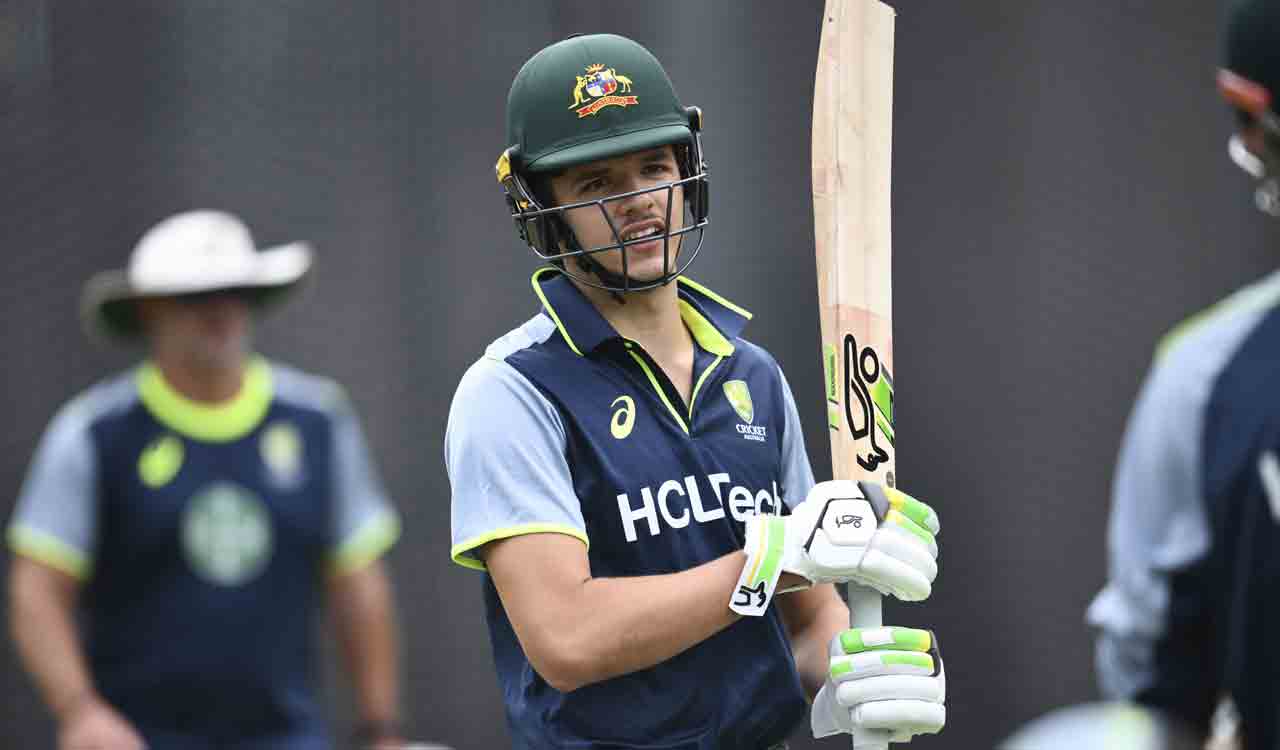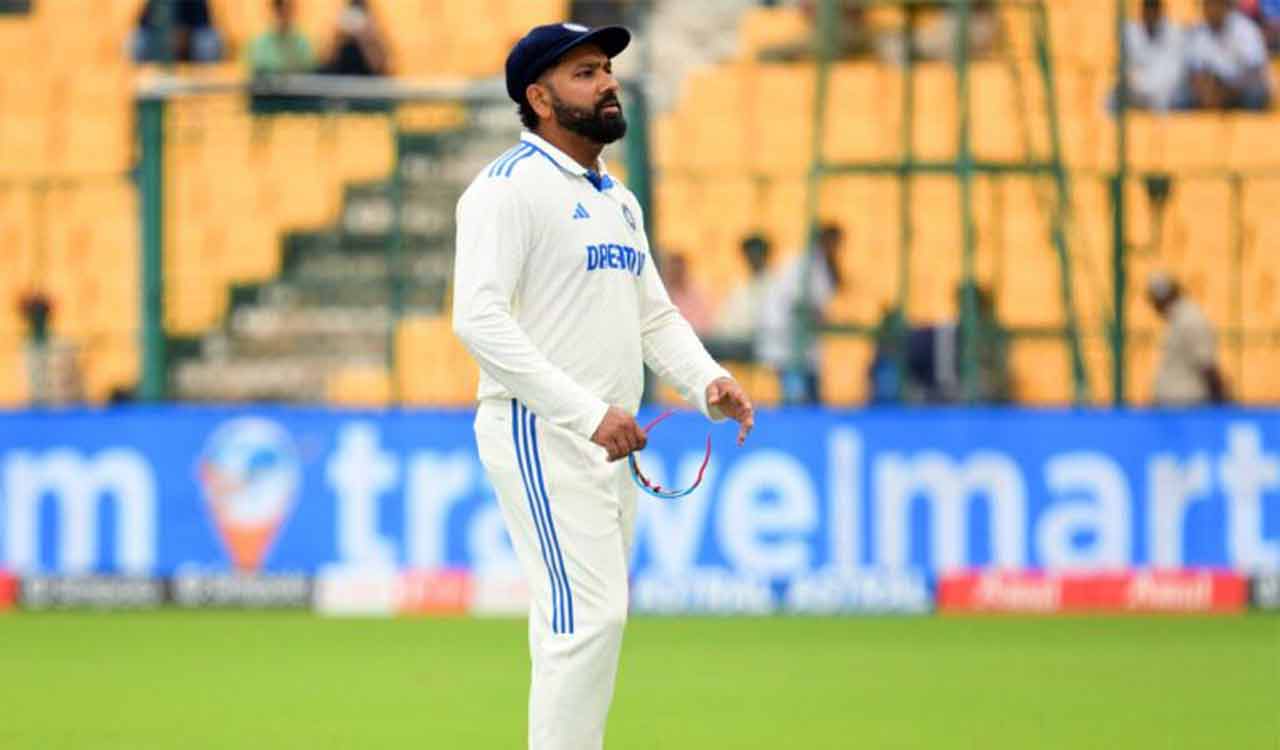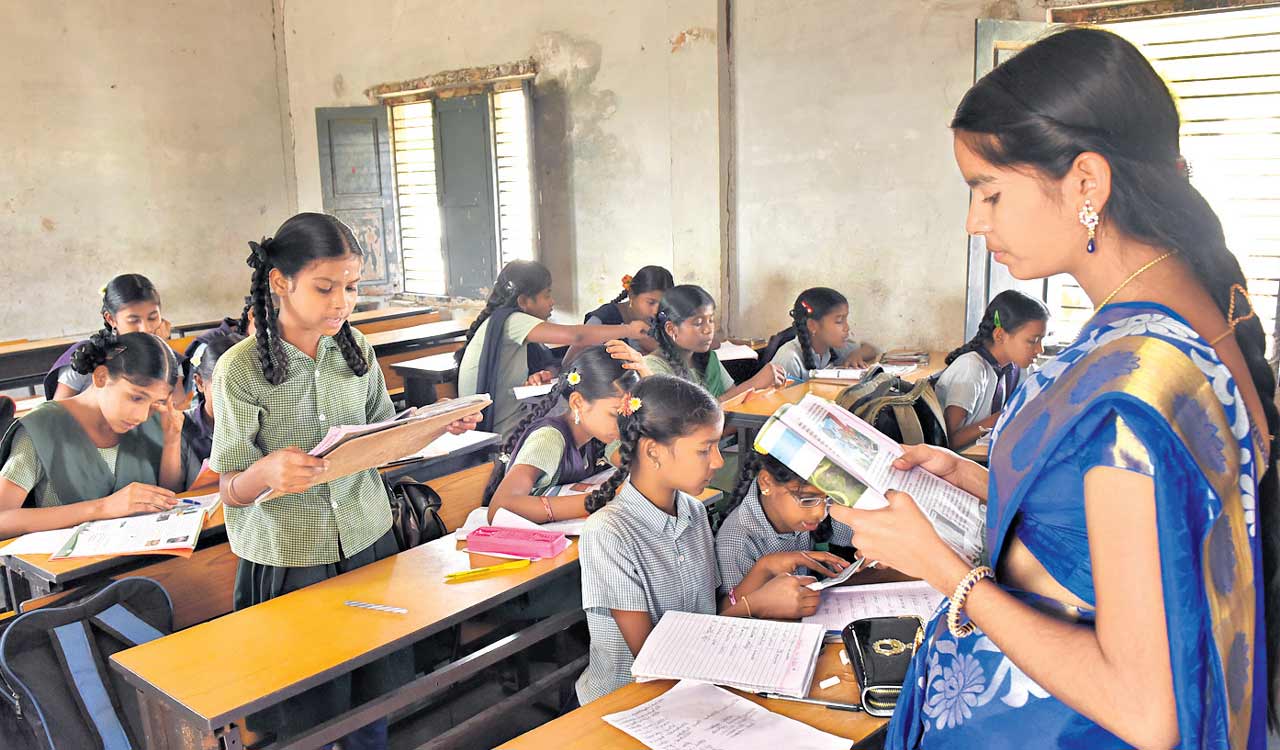Opinion: Make India digitally inclusive
‘Digital India’ can only be achieved if we take along all communities, including marginalised ones

By Jadhav Chakradhar, Prashant Kumar Choudhary, Jayanti Mala Nayak
Hyderabad: Discrimination is a multifaceted notion that can have economic, political, social and digital dimensions in the era of technology. Digital discrimination in India is concerning, with marginalised communities facing a digital divide and discrimination in the digital realm.
Also Read
According to the National Sample Survey Office, around 70% of rural and 30% of urban households in India do not have access to the internet. This digital divide is particularly acute among marginalised communities, with only 15% of Dalit households and 10% of Adivasi households accessing the internet. Similarly, only 25% of Muslim families have access to the internet, compared with 42% of Hindu households.
The report also highlights the gender divide in digital access, with only 22% of women in India having access to the internet, compared with 33% of men. This gender divide is particularly acute in rural areas, where only 15% of women have access to the internet, compared with 33% of men.
In addition to the digital divide, marginalised communities also face online discrimination. According to a report by the Centre for the Study of Developing Societies (CSDS), 16% of Dalits and 14% of Muslims have faced discrimination online. It includes hate speech, cyberbullying, fake news and misinformation circulation. It also highlights the impact of online discrimination on marginalised communities. It notes that online hate speech can lead to offline violence, while cyberbullying can harm mental health. The circulation of fake news and misinformation can also have serious consequences, particularly in public health crises such as the pandemic.
Digital Divide
The India Inequality Report, 2022, published by Oxfam India, foregrounds unequal access to the internet and computer/laptops. According to the report, the reach of digital technologies remains limited to largely male, urban, upper-caste, and upper-class households and individuals. Eight per cent of the General Caste has a computer or a laptop, whereas less than 1% of the Scheduled Tribes (ST) and 2% of the Scheduled Castes (SC) have one.
Across different caste groups, only 4% of students from SC and ST communities had access to a computer and the internet. As of 2021, a person from General Category is likelier to possess a computer or a laptop than someone from the Scheduled Tribes (ST) category. The gap has widened from 7% since 2018 owing to the adverse effect of the pandemic. Oxfam has also found that a General or an Other Backward Classes (OBC) category person is 4-6% more likely to own a television than a Scheduled Tribe person. However, from 2018 to 2021, the gap between a general person holding a phone and an ST category person owning a phone dropped from 10% to 3%.
Unequal Access
These reports have highlighted the growing problem of digital discrimination in India. They identify the unequal access to digital resources and the discrimination faced by marginalised communities in India. The digital divide in India is widening, with many marginalised communities lacking access to digital resources such as smartphones, computers and the internet. It has led to a situation where these communities are excluded from the benefits of the digital economy including access to education, healthcare and job opportunities. This disproportionately affects marginalised communities, including Dalits, Adivasis and Muslims.
These studies and reports call for urgent action to address the issue of digital discrimination in India. They recommend that the government bridge the digital divide by providing access to digital resources to marginalised communities. They also suggest stricter enforcement of laws to address online hate speech, cyberbullying, and the circulation of fake news and misinformation. It requires greater awareness among citizens about cyber menaces with intended governmental intervention.
Experts have also weighed in on the issue, highlighting the need for a multi-pronged approach to address digital discrimination. It includes bridging the digital divide and addressing the social and cultural factors contributing to digital discrimination between scheduled and non-scheduled groups.
Sen’s Capability Approach
Amartya Sen’s Capability Approach is a philosophical framework that emphasises the importance of focusing on people’s abilities to achieve what they value, rather than solely on their income or material possessions. Sen argues that a person’s capabilities are influenced by a range of factors, including education, health, social status and access to resources.
In the context of digital discrimination, the Capability Approach can be useful in identifying the ways in which discriminatory practices can limit people’s access to digital resources and opportunities, such as the internet, online education and digital job markets. For example, if a group of people lacks access to the internet, they may be unable to access important information or participate in online social and economic activities, which could limit their opportunities to achieve what they value.
The digital divide can have a detrimental impact on the economy by exacerbating income inequality and limiting opportunities for career advancement. Individuals who lack access to digital resources and training are at a disadvantage in the job market, and their inability to contribute to the economy can hinder a country’s competitiveness, and economic development, increasing the income gap between rich and poor. This can lead companies to outsource jobs that require advanced digital skills to other regions, depriving the country of potential revenue.
Ultimately, this can result in a higher poverty rate and adversely affect the overall financial health of the nation. The dream of ‘Digital India’ can only be achieved if we set our priorities in the right direction to take along all communities, including the marginalised ones.
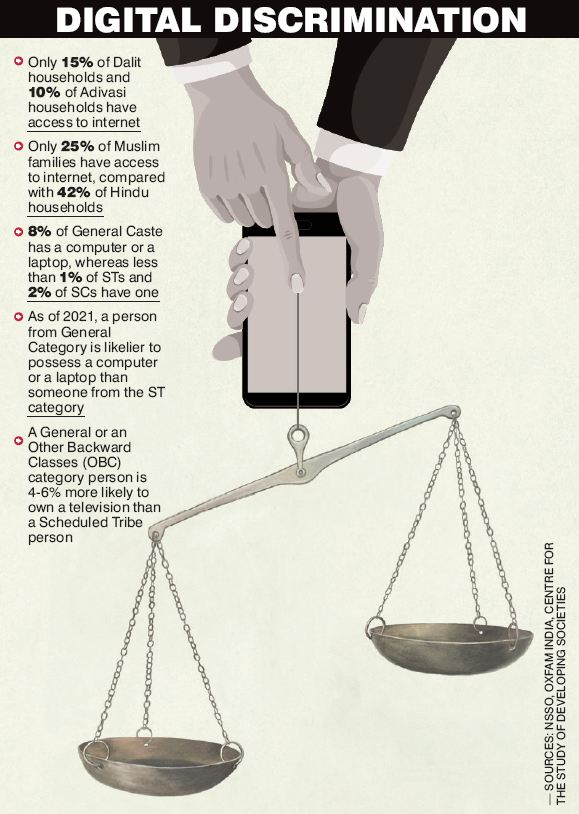
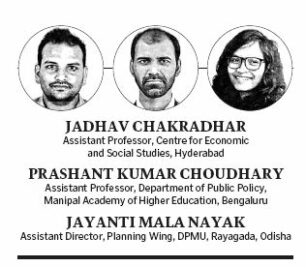
Related News
-
19-year-old Sam Konstas all set to make Test debut for Australia at MCG
-
Boxing Day Test: Rohit opens up on his batting position, Kohli’s form
-
Representation of women in media is one-dimensional: Filmmaker Payal Kapadia
-
India on cusp of 6G boom, but 91% Telangana government schools lurk in digital dark age
-
Telangana techie loses Rs 4.15 lakh to online gold trading fraud
26 mins ago -
Hyderabad: Couple working as house help at doctor’s residence held for theft
42 mins ago -
Hyderabad auto driver foils attempt to kidnap young woman, five held
1 hour ago -
Haiti gang attack on journalists covering hospital reopening leaves 2 dead, several wounded
3 hours ago -
21 dead as Mozambique erupts in violence after election court ruling
3 hours ago -
Cartoon Today on December 25, 2024
11 hours ago -
Sandhya Theatre stampede case: Allu Arjun questioned for 3 hours by Chikkadpallly police
11 hours ago -
Telangana: TRSMA pitches for 15% school fee hike and Right to Fee Collection Act
11 hours ago

